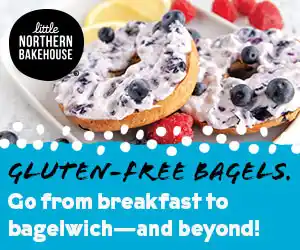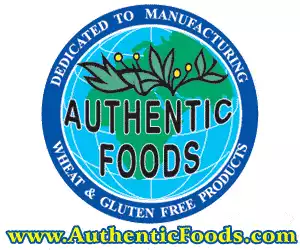-
Welcome to Celiac.com!
You have found your celiac tribe! Join us and ask questions in our forum, share your story, and connect with others.
-
Get Celiac.com Updates:Support Our Content
Gluten-free claim to be removed from General Mills Cheerios sold in Canada
-
Get Celiac.com Updates:Support Celiac.com:
-
Recent Activity
-
- Scott Adams commented on Scott Adams's article in Diagnosis, Testing & Treatment173
Scott Adams' Story of His Diagnosis of Celiac Disease
Celiac disease can be tricky to diagnose, especially if you've already started eliminating gluten from your diet, as this can lead to false negative blood test results. The gold standard for diagnosing celiac is typically a combination of blood tests and an endoscopy with biopsy, but if your gastroenterologist isn't recommending further testing, it might...- celiac
- celiac disease
- (and 3 more)
-
- R. M. LOMBARDO posted a topic in Gluten-Free Foods, Products, Shopping & Medications0
REESE'S PLANT BASED PEANUTBUTTER CUPS
Reese's Plant Based PeanutButter Cups are made with non-Gluten Free Oats and only states on the package Dairy Free. Is it safe for Celiacs or those with Gluten Intolerance issues to consume? I think Mars is taking a small step in the right direction concerning food allergies and wish they were Gluten Free. -
- R. M. LOMBARDO posted a topic in Gluten-Free Foods, Products, Shopping & Medications0
PARTAKE COOKIES
These items are on sale for $3.99 at Target: Choose from Choclate Chip, Grahams or Vanilla Wafers. I purchased all 3 plus an extra Choclate Chip. All are produced in a dedicate Gluten & Peanut Free Facility and other choices are available on amazon.com. -
- Ali2025 commented on Scott Adams's article in Diagnosis, Testing & Treatment173
Scott Adams' Story of His Diagnosis of Celiac Disease
I'm confused. I think I may have had undiagnosed celiac for the past at least 10 years if not more. I was positive for lactose intolerance about 20 years ago... I never fully stopped eating dairy or gluten 😕 I recently came down with strange symptoms of dizzyness, numbness in the head, internal shaking and rapid organ pulsations feeling like I might fa...- celiac
- celiac disease
- (and 3 more)













Recommended Posts
Archived
This topic is now archived and is closed to further replies.